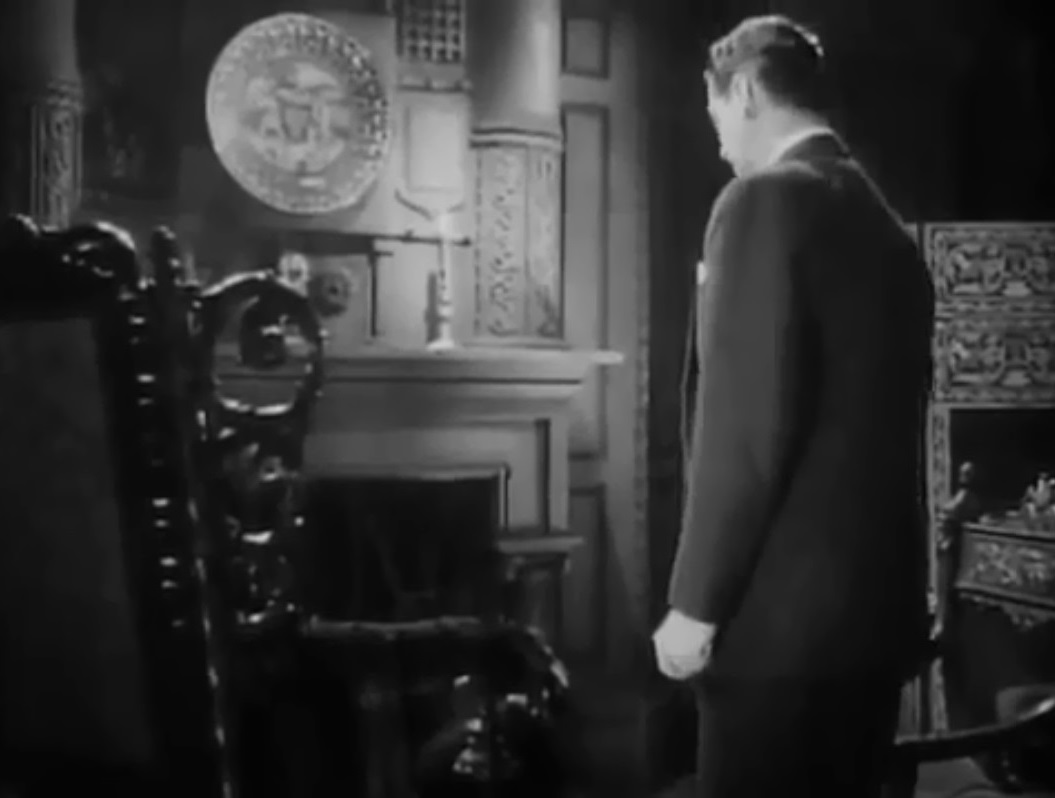The Lost Moment

This is what
Shelley and no other wrote to his mistress, as shown by the portrait miniature.
It is desired by an American publisher, to fill a hole in his plush library
between the Plays and the Poems, a void of Letters, the camera measuredly rises from his writing desk to locate it behind
the opening titles...
The two principal
means by which The Aspern
Papers is turned into a film are Rebecca
(dir. Alfred Hitchcock) and Great
Expectations (dir. David Lean). Gabel has the immense recourse of Dreyer in
Vampyr, an uncanny mastery of technique, his film is so accurate it can be regarded as not
at all a Hollywood film but of the Italian cinema. The poet is nevertheless an
American, Jeffrey Ashton of Philadelphia, last seen much older than his
original at a certain palazzo in
Venice.
This is
eloquently remembered for Alfred
Hitchcock Presents in “The Rose Garden” (dir. Francis Cockrell). It is
certainly one of the greatest works of the American cinema, the vision of
Juliana (who like everything else is seen
rather than evoked) becomes for
instance that of the aged brothelkeeper in Nichols’ Catch-22, or again the camera wandering
over the courtyard takes on certain inflections of Fellini’s Amarcord or at Floria’s
yet again, where it anticipates the restaurant scene of Bertolucci’s Ultimo tango a Parigi...
Leonardo Bercovici screenplay, Alexander Golitzen
art direction, Hal Mohr cinematography, Daniele Amfitheatrof score (the cat is a notable performer magnificently
directed and like as not the inspiration for Gilling’s The Shadow of the Cat, just as Hayward at times anticipates Moira
Shearer in Powell & Pressburger’s The
Red Shoes half a year later).
Bosley Crowther of the New
York Times dismissed it as “a romance of a sort that Mr. James never
dreamed.” As in the case of a similar marvel, Robert Culp’s Hickey & Boggs, Time Out is more than just, “superbly spun, making one regret that
Martin Gabel subsequently confined himself to an acting career.” Leonard Maltin, “offbeat drama.” TV Guide, “not that much visual
excitement... a disappointment at the turnstiles.” Philip French (The Guardian), “underrated”. Hal
Erickson (All Movie Guide) identifies
Byron (perhaps thinking of Tennessee Williams’ one-act play Lord Byron’s Love Letter) but considers
that “together
with [Wyler’s] The Heiress, The Lost Moment is one of the few
successful attempts to transfer the elusive prose of Henry James to the screen.” Halliwell’s
Film Guide, “slightly absurd but memorable”, citing the National Film Theatre,
“a compelling piece.”